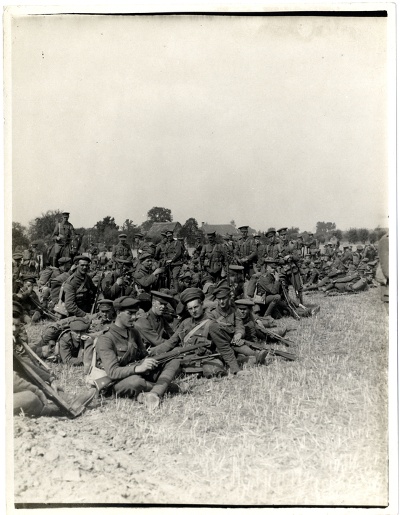Wilfred Owen, selected poems Contents
- Wilfred Owen: Social and political background
- Wilfred Owen: Religious / philosophical context
- Wilfred Owen: Literary context
- Wilfred Owen: 1914
- Wilfred Owen: Anthem for Doomed Youth
- Wilfred Owen: At a Calvary near the Ancre
- Wilfred Owen: Disabled
- Wilfred Owen : Dulce et Decorum Est
- Wilfred Owen: Exposure
- Wilfred Owen: Futility
- Wilfred Owen: Greater Love
- Wilfred Owen: Hospital Barge
- Wilfred Owen: Insensibility
- Wilfred Owen: Inspection
- Wilfred Owen: Le Christianisme
- Wilfred Owen: Mental Cases
- Wilfred Owen: Miners
- Wilfred Owen: S.I.W
- Wilfred Owen: Soldier’s Dream
- Wilfred Owen: Sonnet On Seeing a Piece of Our Heavy Artillery Brought into Action
- Wilfred Owen: Spring Offensive
- Wilfred Owen: Strange Meeting
- Wilfred Owen: The Dead-Beat
- Wilfred Owen: The Last Laugh
- Wilfred Owen: The Letter
- Wilfred Owen: The Parable of the Old Man and the Young
- Wilfred Owen: The Send-Off
- Wilfred Owen: The Sentry
- Wilfred Owen: Wild with All Regrets
Relationships
The relationships between men at the front were crucial. Their reliance on each other was a matter of survival and this camaraderie is a major theme throughout Owen’s poems. The relationship between the men at the front and people at home was often very different.
Officers and men

As an officer Owen was very conscious of the responsibility he held for the men in his command.
- In Inspection, The Sentry, S.I.W. and The Dead Beat Owen represents himself as the officer in charge. His care for his men is not sentimental. At times it can read as critical, of either himself (The Sentry) or the victim (S.I.W.).
Brothers in arms / camaraderie
The Send Off, Spring Offensive and Exposure all show the camaraderie which Owen celebrates in his war poetry:
- In The Send Off the men sing together, fight together and most die together
- In Spring Offensive they rest and sleep together before they make the attack
- The whole of Exposure is about how they suffer and die, hope and dream together
- Wild with All Regrets demonstrates the importance of the care of brother-in-arms – the only ones sometimes with whom servicemen can be honest.
Parents and children
In many of Owen’s poems he paints a disjunction between the expectations of the older generation on the Home front and the reality their sons faced. Thus the relationship between parents and children is seen as part of the bitterness of war:
- The Parable of the Old Man and the Young depicts a father who will not listen to alternatives but doggedly sacrifices the young to war
- The father of the man who dies in S.I.W. believes in death before dishonour, whilst his mother hopes he will get a Blighty one
- In The Last Laugh the dying son calls out the names of his mother and father, perhaps too young to have had to leave them
- A common motif in Owen’s poetry is of the youthfulness of the fallen soldiers, as seen in: Anthem for Doomed Youth, Futility, S.I.W., Inspection, The Last Laugh, Dulce et Decorum Est and The Parable of the Old Man and the Young.
The role of women
There is a divided attitude apparent in Owen’s mentions of women. Often, depicted in the voices of his ‘men’, they are objects of love and caring concern, their protection the reason why the men fight:
- The wife, mother and daughter of the writer of The Letter are beloved and will be bereaved
- In Anthem for Doomed Youth only the evident grief of the ‘girls’ is an adequate tribute to the dead.
However, women at home are sometimes scorned by Owen:
- ‘The giddy jilts’ in Disabled no longer care for ‘damaged goods’
- The unfaithfulness of his wife is the last straw for The Dead Beat
- In Miners Owen acknowledges the fact that most (personified in female terms as ‘crooning’) will quietly erase memories of male sacrifice from their hopes for the future.